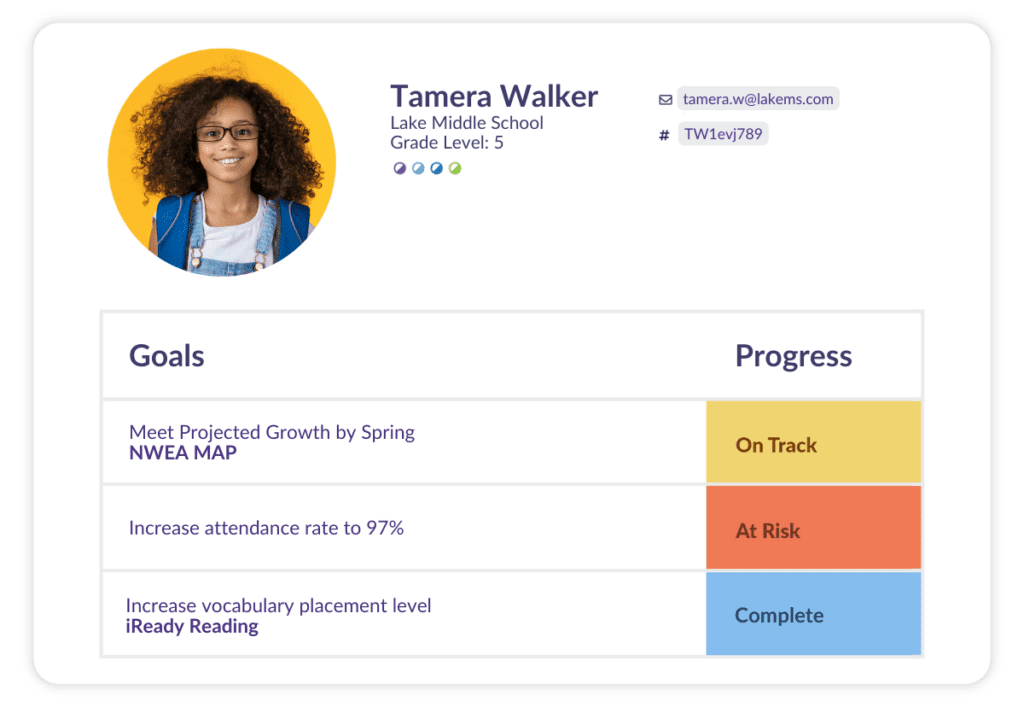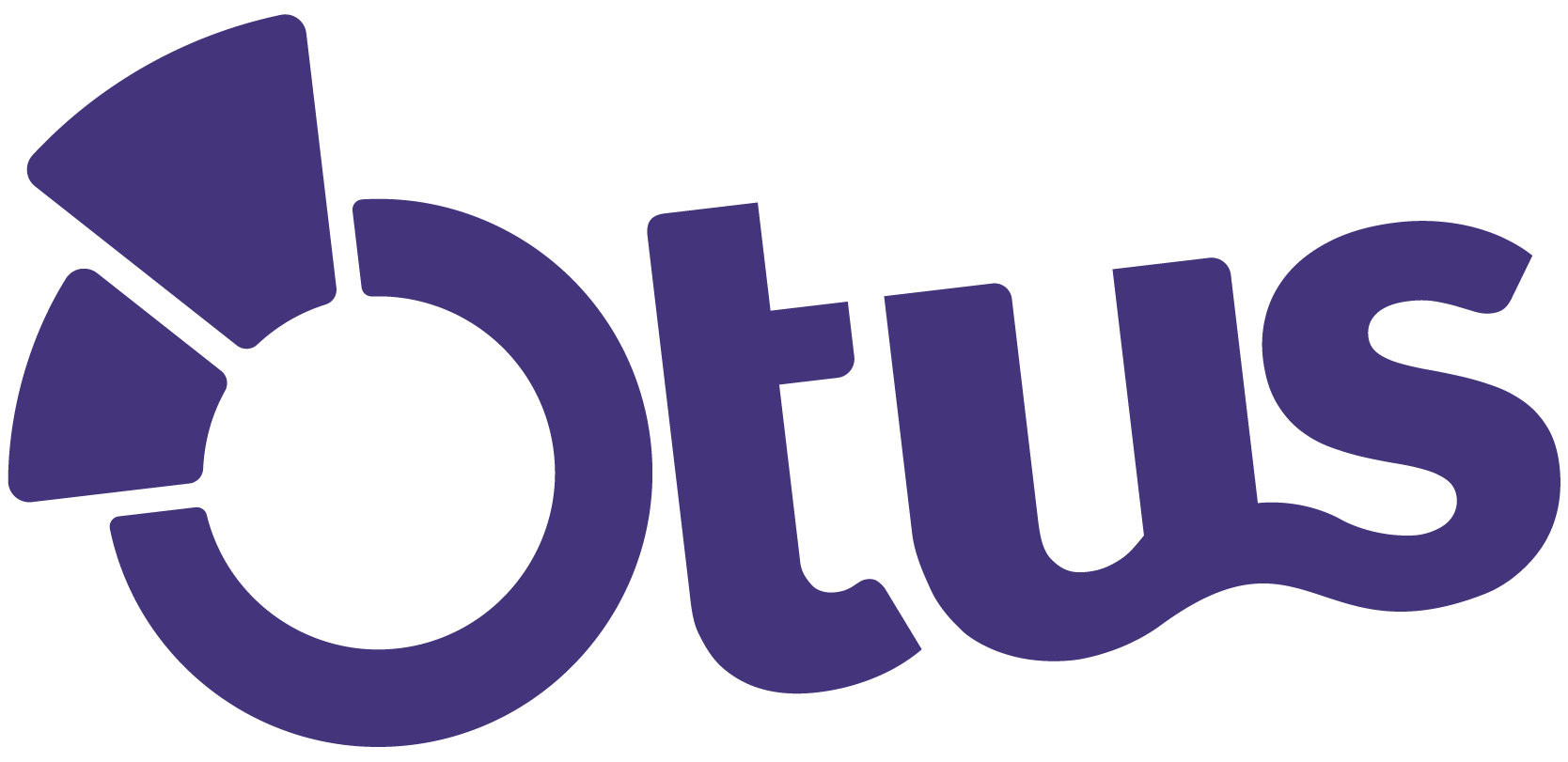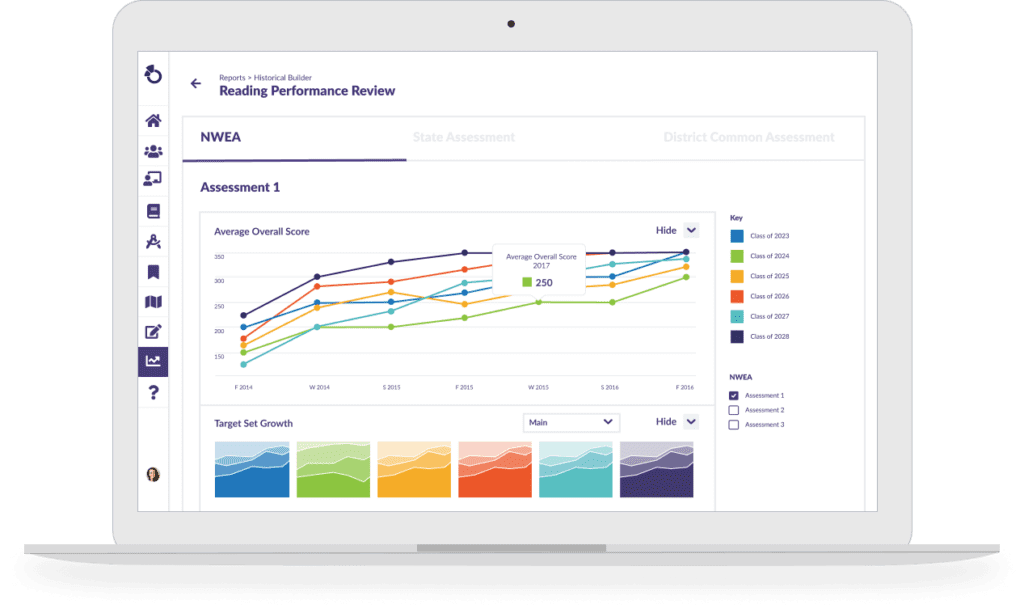Professional learning communities, or PLCs, are an incubator for ideas that can help teachers to better innovate in the classroom and improve student outcomes. When implemented with fidelity, PLCs improve the quality of education, provide better access to information, and promote unity of educational practices – all factors that create an environment where every student can reach their fullest potential.
In this Education Week webinar, three K-12 school leaders who have extensive experience launching and maintaining successful PLCs share how educators can constantly engage in a cycle of learning by:
1. Sparking Inquiry: Learn how to ask meaningful questions that drive curiosity and ignite a passion for learning among your students.
2. Data Mastery: Discover the art of analyzing multiple measures of student data, helping you gain invaluable insights into your students’ progress and needs.
3. Empowering Goals: Uncover the potential of setting data-driven student goals, fueling your learners’ motivation and achievement.
4. Team Synergy: Explore the power of collaboration as a team, tapping into the collective brilliance of educators to enhance teaching practices.
5. Personalized Learning: Learn how to adjust your teaching methods to meet the unique needs of each student, ensuring no one is left behind.
Ready to learn more about how Otus can support data-driven instruction and progress monitoring in your school community? Get in touch with our team!
Harnessing the collective wisdom of educators, Professional Learning Communities (PLCs) stand as a transformative force in K-12 schools worldwide. This webinar showcases insights from three distinguished K-12 school leaders whose shared experiences and knowledge highlight the profound impact of PLCs on teaching practices and student outcomes.
Clarity and Goal Setting
- It’s critical that PLCs focus on identifying essential standards and breaking them down into actionable lessons with clear success criteria. This involves determining the success criteria for each lesson, therefore ensuring students understand what they’re trying to achieve.
- Teachers need to provide clarity on what they expect students to achieve. This involves setting clear goals for essential standards, using pretests and post-tests to measure progress, and categorizing students based on their performance levels.
- It’s important to share a common vision across the school or district in order to align efforts and ensure everyone is working toward the same educational goals.
Data-Driven Decisions
- Data plays a crucial role in PLCs. Educators must analyze multiple measures of student data, from attendance to academic performance, to gain insights into student progress and needs.
- Student data tools are incredibly helpful for gathering and analyzing data and make it easier for teachers to understand student performance based on standards and identify those performing at, above or below grade level.
- The ability to track a student’s performance over the years, not just during the current academic year, provides a holistic view of the student’s journey and helps in identifying trends or patterns.
Using a robust student data tool like Otus can empower administrators to answer critical questions about student performance while efficiently navigating the complex process of data collection, analysis, and interpretation. Otus brings all of a school district’s student data into a single location so educational teams can make ongoing data-driven decisions.
Collaboration and Sharing
- Collaboration is a cornerstone of PLCs. Teachers must tap into the collective knowledge and expertise of their peers to enhance teaching practices.
- It’s important that a district promotes the sharing of resources. Schools and grade levels that have developed effective strategies or tools share them with others, fostering a culture of mutual support and learning.
- Consistent communication and a shared understanding among the leadership team and teachers ensure that everyone is aligned in their efforts to promote student success.


